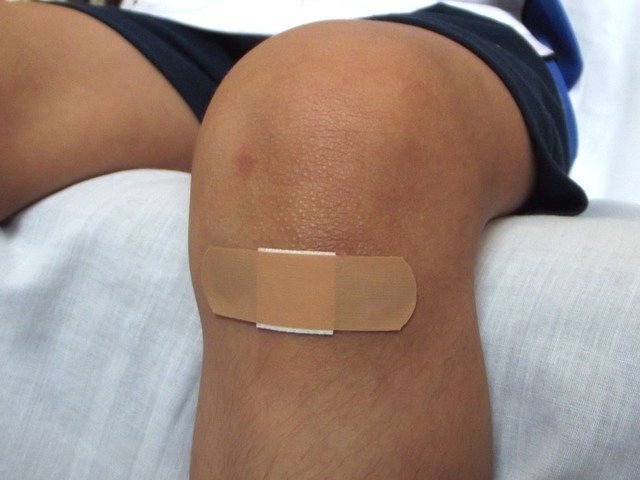
In a new study, researchers have developed a new hydrogel-based on the body’s natural peptide defense. It has been shown to prevent and treat infections in wounds.
The formulation kills multi-resistant bacteria, something that is increasing in importance with antibiotic resistance growing globally.
The research was conducted by a team at Lund University in Sweden.
There is an increasing need for new treatments that improve wound healing and reduce complications in patients with various types of wounds, such as burns, surgical wounds, or other types of wounds that don’t heal easily.
Current treatments are primarily directed solely at the bacteria.
The patient is treated with antibiotics either preventively or when they get an infection, and various antiseptics are used. The extensive use of antibiotics is adding to the issue of antibiotic resistance.
Infections with multi-resistant bacteria are a major global problem today, and they cannot be treated with antibiotics.
Antibiotics and antiseptics kill the bacteria but do not affect the subsequent harmful inflammatory process.
Another problem is that the active substances in today’s antiseptic wound treatment often are toxic and harmful to the environment.
In the study, the new gel is based on these natural defense mechanisms and has had a dual effect—by both preventing as well as treating wound infections.
It is not only antibacterial, but it also has an immunosuppressive effect.
The researchers have previously shown that the peptides in the gel can inactivate so-called lipopolysaccharides (LPS), that are found in cell walls of bacteria, and that triggers an inflammatory reaction. The reaction is an essential part of the immune system.
The team in the study found that the gel lowers the inflammatory response within 24 hours of the treatment, and then further reduces the bacterial levels over a period of 3 to 4 days.
The researchers are now planning to get the gel approved for use in clinical studies involving patients with burn injuries.
One author of the study is Artur Schmidtchen, professor of dermatology and venereology at Lund University.
The study is published in Science Translational Medicine.
Copyright © 2019 Knowridge Science Report. All rights reserved.



